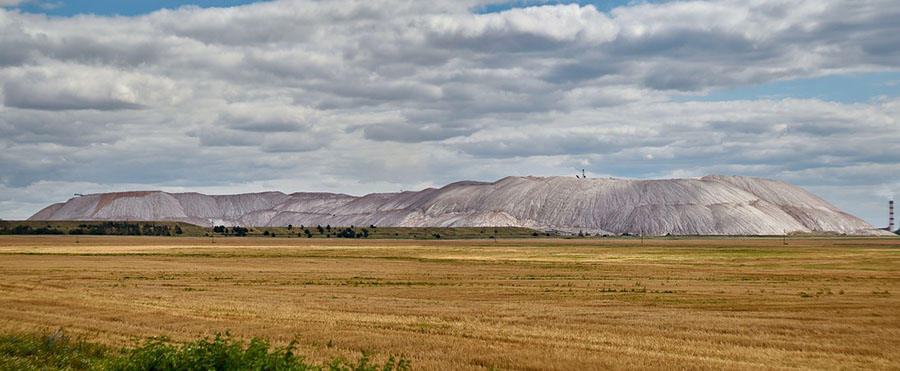Germany's K+S Group broke ground Monday for the first new potash mine in Saskatchewan in four decades, the Legacy mine project near Bethune.
Ironically, it was the same company that came first came to Saskatchewan in the 1960s to produce potash and helped develop the last new potash mine in the 1970s.
During a policy of public ownership of natural resources which resulted in the enactment of the Potash Development Act, the last new potash mine was nationalized and then purchased by the then-Calvert NDP provincial government. Eventually, that former German-developed operation would become Potash Corp. of Saskatchewan's Lanigan mine.
Saskatchewan's government repealed the Potash Development Act in 2008.
Europe's largest potash company, K+S, decided to return to Saskatchewan with its acquisition of junior mining company Potash One for C$434 million in March 2011. During Monday's ground-breaking ceremony for the Legacy Project, K+S CEO Nobert Steiner said the company "will be spending C$3.25 billion to bring this project to life."
When Legacy is in commercial production at the end of 2015, K+S will hire 300 full-time employees to operate and maintain the mine, which will initially mine 1 million tonnes of potassium chloride annually, ramp up to 2 million tonnes in 2017, eventually increasing to 21.86 million tonnes by 2023.
Saskatchewan's Energy & Mines Minister Tim McMillan said, "I think it's very likely that this isn't the only [new mine], that there will be several more."
"Existing potash mines are expanding by $13.9 million; with this coming on line. . .that's another $4 billion," he noted. "We think we have a great resource. We have a great business environment and there's a lot of optimism in this industry." Saskatchewan hosts nearly half of the world's potash reserves.
However, in an interview with Reuters, K+S said it is bound by European anti-trust laws that make it unlikely that the company will join the Canadian potash consortium Canpotex.
Dorothy Kosich
Mineweb


























































